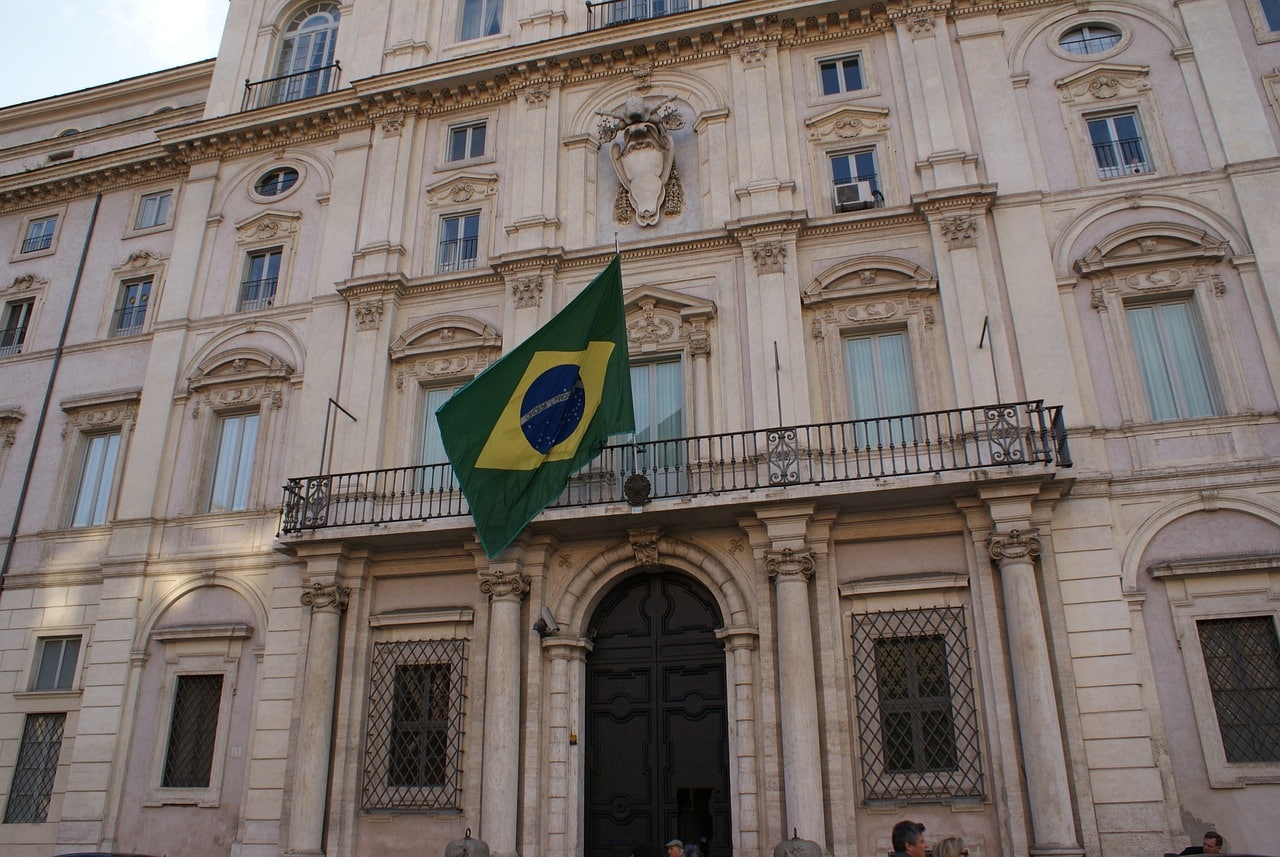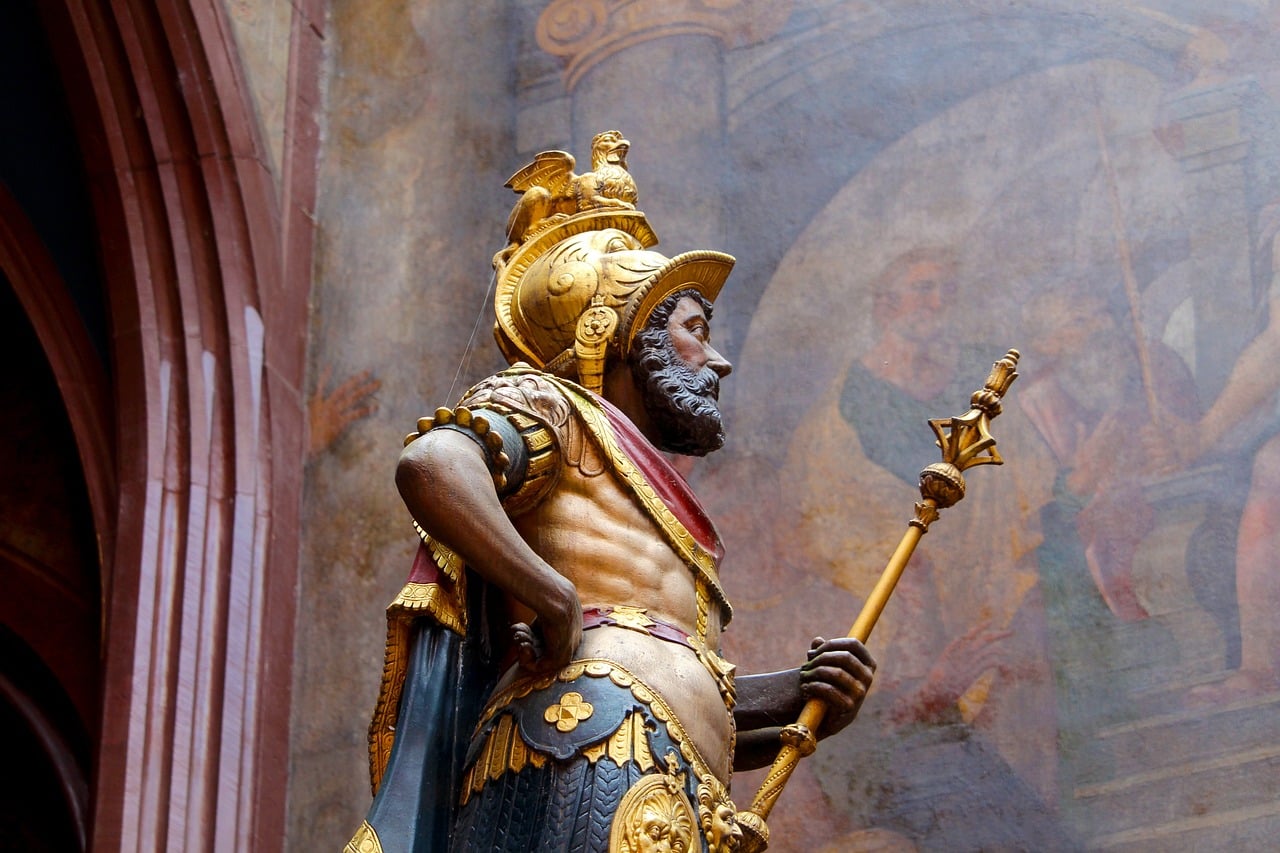
A consul is a foreign service official who assists his country's citizens abroad.
Consul is a concept linked to politics and administration . Currently, the most frequent use of the term appears in diplomatic relations , since the consul is the person authorized by a State to protect its citizens in a foreign country.
The consul, therefore, is a foreign service official who is dedicated to assisting people from the country of origin in a foreign territory . The processing and legalization of documents , the delivery of powers or certificates, the renewal of passports, the defense of citizens and the tourist, cultural and economic promotion of the nation are part of the activities that must be carried out.
Consul's functions
Among the functions of the consul, those of a notarial nature stand out to give public attestation and those linked to certified translation (since the consul is also an expert translator).
In the diplomatic hierarchy, there can be different positions linked to a consulate , such as consul general , deputy consul general , deputy consul , honorary consul or vice consul .

The role of the consul changed throughout history.
Its origins
It is believed that this need to have a representative of one's own country in foreign territory arose during the Crusades ; when the Italians who had emigrated to other lands found that the treatment they received there was not satisfactory to them.
For all this, they believed it was necessary to establish an institution that would be in charge of mediating between both countries and that could ensure their rights. This way they could not only defend their trade, but also ensure that their culture was respected in other regions.
From then on, all of Europe implemented the International Law Treaty , which stated that a representative of each country must meet with the authorities of the visited country and raise a series of requirements that must be met and respected so that their compatriots could carry a good life. Since the 13th century, the right to send consuls to other countries is one more that is protected by those non-governmental and neutral institutions that seek to safeguard peace and good relations between the different nations that make up the world.
In the beginning, the consul simply had to look after commercial interests between nations, but later these tasks were extended to the protection of all issues related to the life and development of their citizens in foreign lands.
The concept of consul in different historical periods
Throughout history the concept changed; So much so that today the tasks and obligations of these representatives differ quite a bit from those they had to carry out in other times. Between the use of the concept and the way of understanding this work, two can be highlighted:
- In Ancient Rome , the consul was the highest-ranking magistrate of the Republic . His position was collegiate and annual, being elected by citizens over 42 years of age. The consul was in charge of directing the army and the State in general.
- After Napoleon Bonaparte 's coup d'état in 1799 , the government institution that began to govern France was the Consulate. Until 1804 , the consuls and top leaders of the country were Napoleon , Emmanuel-Joseph Sieyès , Roger Ducos , Jacques Régis de Cambacérès and Charles-François Lebrun . From that year onwards, Bonaparte was named emperor.
It is worth mentioning that there is also an insect discovered by Pieter Cramer that has an almost identical name. Consul (with accentuation on the last syllable so it should not have an accent) is an insect of the Nymphalidae family that belongs to the genus Lepidoptera. It lives in southern America and includes four species in its family, of which Consul fabios is the best known.
